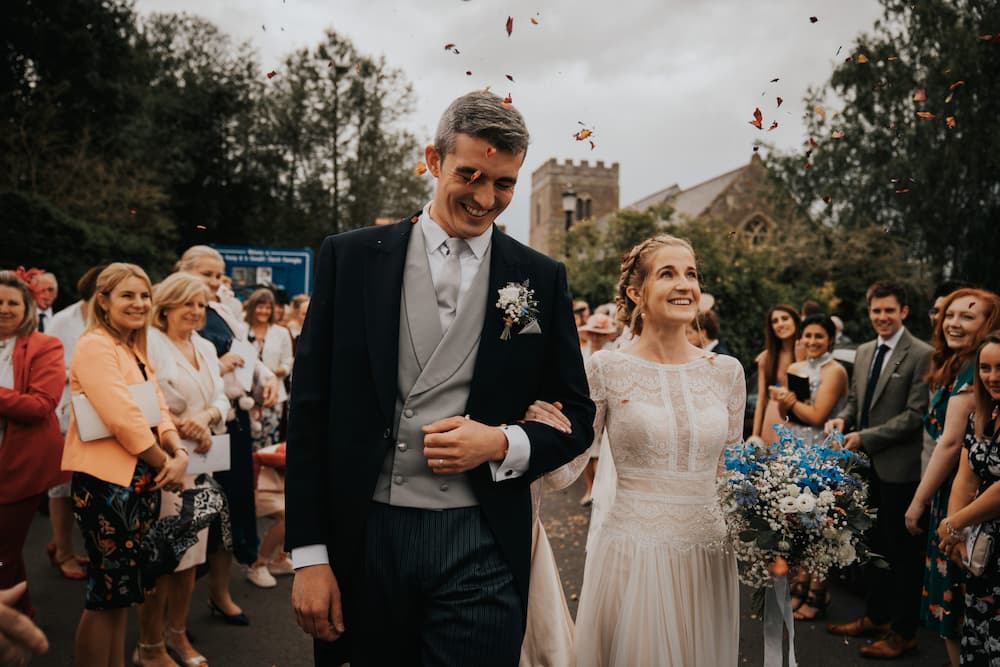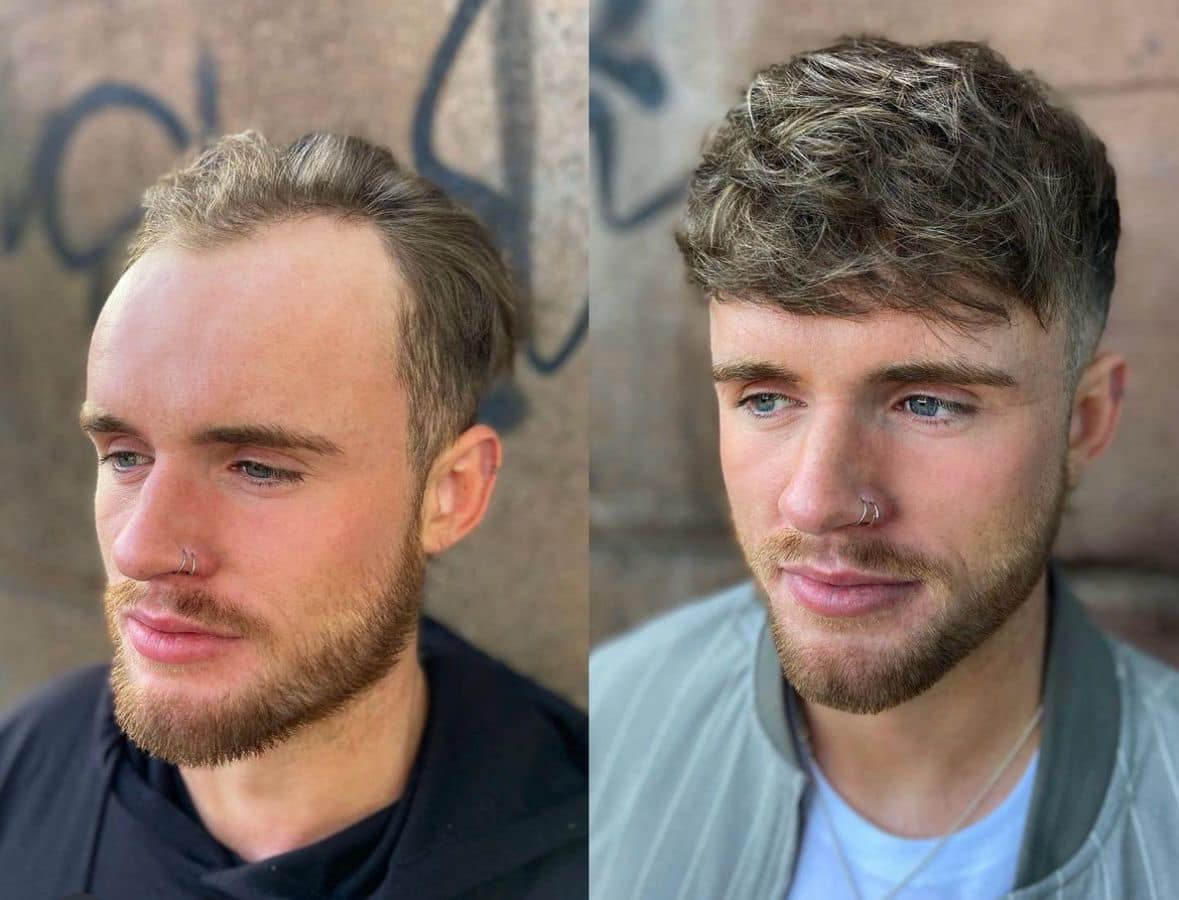Mobile apps have become an integral part of our daily lives. From productivity and work tools to games and social media, apps help us get things done and stay connected on the go. In recent years, fashion and lifestyle apps in particular have seen tremendous growth. These apps are changing how we shop, find style inspiration, and manage our personal care routines.
The Rise of Fashion Apps
The fashion industry has wholeheartedly embraced mobile technology. Apps like Instagram and Pinterest allow people to discover and share style ideas. E-commerce apps from brands like H&M and Sephora make shopping possible with just a tap. Even fashion magazines like Vogue and Elle have transitioned to digital platforms.
For consumers, the benefits of fashion apps are clear. They can shop trends effortlessly, get outfit ideas, and buy clothes and accessories directly from their phones. Apps also allow smaller, independent designers to reach a wider customer base without the overhead of physical stores. On the business side, apps provide valuable data around customer preferences to help brands tailor products and marketing.
Several types of fashion apps have become go-to’s for style mavens:
- E-commerce Apps – Apps from retailers like ASOS, Net-A-Porter, and Farfetch allow users to browse and directly purchase clothing, shoes, jewelry, and more. In-app features like save for later, easy returns, and notifications help facilitate sales.
- Social Shopping Apps – These apps leverage social connections to make shopping interactive. On apps like Wanelo and The Yes, users can follow friends and influencers to see items they love and buy with a single click.
- Virtual Fitting Apps – Want to try on an outfit without leaving home? Apps like MTailor, Virtusize, and Dressika allow you to virtually “try on” clothes. Users simply enter their measurements and can visualize items on their body shape.
- Style Recommendation Apps – Don’t know how to put an outfit together? Apps like Choosy, Stylicious, and Stylebook give personalized outfit and shopping recommendations based on your fashion likes and dislikes.
Lifestyle Apps for Health, Beauty and Home
Beyond fashion, mobile apps catering to beauty, wellness, and home needs are also booming. Self-care and personal management apps provide tools to look and feel your best every day.
Health and fitness apps like MyFitnessPal, Headspace, and Breethe help users move more, eat healthier, and reduce stress. Hair, makeup, and skincare apps from companies like Sephora, Olay, and ULTA Beauty make beauty routines and trying new products easy. Meal planning, cookbooks, and grocery apps like Yummly, Epicurious, and Out of Milk simplify grocery shopping and cooking. Home organization apps like Sortly, Tody, and PictureThis provide systems for tasks like decluttering, cleaning, and plant care.
The wellness app boom coincides with an increasing interest in self-care and personal well-being. Being able to manage fitness goals, care for your mind and body, and organize your life all from your smartphone is attractive to many consumers. Tracking progress and seeing results over time also motivates me to keep using these apps.
How Fashion and Lifestyle Apps Will Continue to Evolve
The fashion and lifestyle app industry is still in its early stages with massive innovation potential. Here are some predictions for how these apps will continue improving and evolving:
- More personalized product recommendations and shopping experiences based on AI and big data analytics. Apps will leverage user data like browsing history, purchases, ratings, and reviews to cater recommendations, product searches, and shopping journeys to individual users.
- Expanded use of AR/VR to virtually “try on” clothes, and makeup, and even test home decor ideas through augmented reality. For example, Dulux has an AR app that shows paint colors on your walls before you buy and apply.
- Targeted push notifications and reminders that help users manage their wellness routines and hit their goals. Apps will use permission-based notifications around taking medications, working out, eating healthy, and more.
- Integration with smart home tech and wearables to provide a seamless self-care and shopping experience across devices. Fashion and lifestyle app data will be linked to things like smart scales, mirrors, refrigerators, and more.
- More social connection, community sharing, and gamification features to drive engagement and loyalty in apps. Users want to feel part of a community in the apps they use regularly.
As technology improves, so too will the functionality of fashion and lifestyle apps. But for now, they have already dramatically changed how we shop, care for ourselves, and live our daily lives. The convenience, personalization, and interconnectedness these apps provide will only become more precise and seamless in the years to come.
5 FAQs about Fashion and Lifestyle Apps
What are some popular fashion apps?
Some of the most popular fashion apps include online retailers like ASOS, H&M, and Zara, social shopping apps like Wanelo and The Yes, and style inspiration apps like Pinterest and Instagram. Virtual fitting apps like MTailor and GlamOutfit and recommendation apps like Choosy and The Curated are also gaining popularity.
What types of lifestyle apps are trending?
Top lifestyle app categories include health/fitness apps like MyFitnessPal and Breethe, beauty/skincare apps like Sephora and YouCam Makeup, meal planning and cooking apps like Yummly and Epicurious, and home organization apps like Tody and Sortly. Wellness apps for mental health, sleep, and meditation are also very popular right now.
How do fashion and lifestyle apps use personal data?
Many fashion and lifestyle apps collect data like browsing and purchase history, product ratings and reviews, style preferences, and physical characteristics to provide personalized recommendations and shopping experiences tailored to each user. The data helps the apps “learn” a user’s taste over time.
Are fashion and lifestyle apps safe to use?
Reputable fashion and lifestyle apps from major brands and developers are generally safe to use, but users should still exercise caution as with any app. Best practices are to only grant requested app permissions, be wary of spammy ads/links, and not overshare personal info like credit cards or location.
How will fashion and lifestyle apps progress in the future?
Experts predict future advances in areas like hyper-personalization through AI, expanded use of AR/VR, integration with smart home tech and wearables, targeted push notifications, and more social/community features. As technology develops, so too will the capabilities of these apps.









